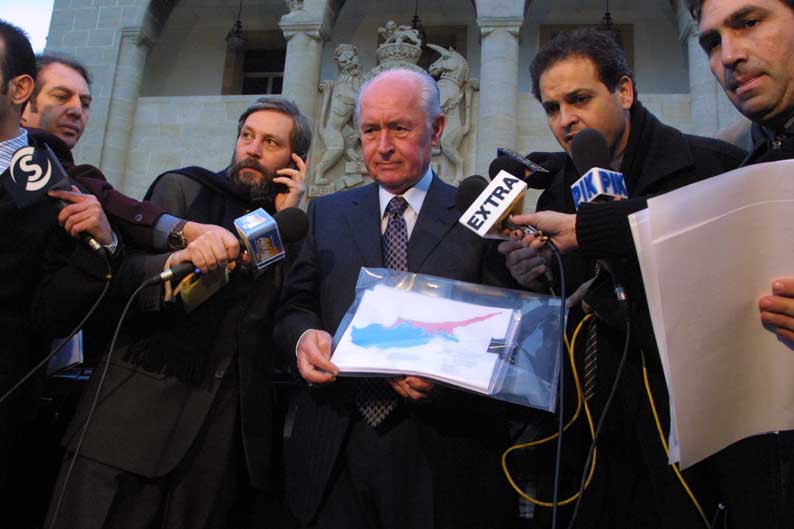By Panagiota Steliou
Not long ago, I found myself on a popular beach in Bali. All around me, young travellers in swimwear were filming themselves – running along the shore, narrating their experiences, offering reviews of their adventures in Indonesia. The ocean and sun sparkled in the background as they addressed their followers with practised ease: Here I am, living my best life. Main Character Energy.
This scene is just one snapshot of a growing social media trend – the rise of the “main character” identity. It has become a common expression on TikTok and Instagram. But what does it really mean to live as the protagonist of your own story? Is this a form of personal empowerment, or are we witnessing a subtle shift into self-centeredness and self-absorption?
In short, “main character energy” describes a mindset where someone sees themselves as confidently controlling and leading the narrative of their life. It is framed as a self-actualisation journey – finding your voice, owning your choices, stepping into the spotlight.
But there is a thin line between self-confidence and self-centeredness. Is constantly sharing pieces of our lives a sign of growth – or a symptom of the need for attention and validation?
Not all self-sharing is narcissistic. Psychologist Dan McAdams introduced the concept of narrative identity, emphasising that humans are natural storytellers. We construct meaning by framing our lives as stories. Telling those stories – whether to friends, therapists, or followers – can help us understand who we are. Makes sense, does it not?
Still, social media sometimes tends to complicate this process. What once may have been intimate reflections of our experiences are now performances. The desire to be seen can turn into a compulsion to perform. While at the same time trying to convince oneself that what is being shared online is true reality, but we all know deep down, that this is not true. Nevertheless, followers tend to believe only what they see – that persona that strives in finding purpose. While a study by Buffardi and Campbell (2008) may be over a decade old, its findings remain highly relevant: young adults that present themselves online exhibit higher levels of narcissism.
In today’s digital age, visibility is power (and also money if we think of all the successful influencers on TikTok and Instagram). Young adults now display their lives online with full precision – controlling everything from the angle of the camera to the lighting. This sense of control can feel empowering. But does it also come at a psychological cost?
Studies show that performing our lives online can fuel anxiety, self-comparison, and a shaky sense of self-worth. The thin wall between authenticity and performance starts to crack. As MIT professor Sherry Turkle warns “As we ramp up technology, we ramp down our emotional lives”.
This is not just a trend. It reflects deeper societal shifts: increasing individualism, fading community ties, and a cultural obsession with personal narratives. In a world that feels chaotic and disconnected, being the “main character” offers structure, purpose and most importantly identity.
But if everyone is the main character, who is left to listen?
In storytelling, protagonists often take the spotlight while others fade into the background. In life, this focus on the self can weaken empathy, diminish connection, and spoil our sense of shared responsibility. Meaning is not just found in being seen – it’s also found in seeing others. How many of us are truly seeing those around us – the ones who genuinely need our support and attention?







Click here to change your cookie preferences